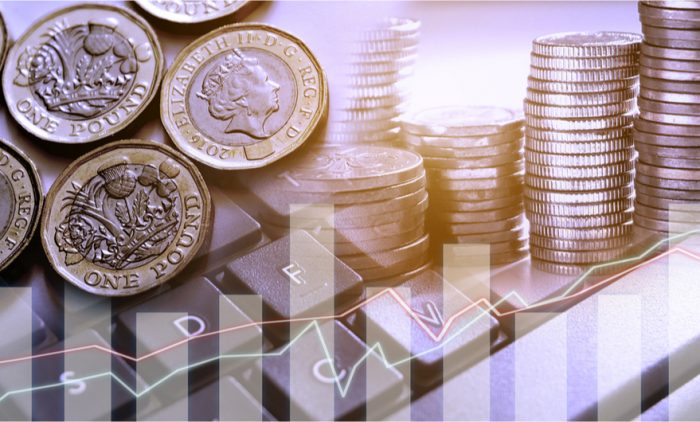Pound Sterling begun its descent this week after topping the Euro and Dollar, among other currencies, last week. Although last week’s retail sales recorded 16.4% above their pre-pandemic level, the number of units sold fell by -1.2% during July, and by -1% when measuring the selling price of each unit. Industry experts suggested that this dip in clothing sales was the direct result of bad weather. However, supermarket sales also decreased, indicating a potential cut-back in household spending during the school summer holidays.
Reduced retail sales curbs the pound


Samuel Tomb Source: LinkedIn
Samuel Tomb, Chief UK Economist at Pantheon Macroeconomics noted the reduction in online sales in the first 2 weeks of August and argued that the current economic stagnation is brief and rectifiable. Tomb stated:
We continue to expect households’ real disposable income to rise briskly and to be about 2.0% higher in Q4 than a year ago.
On the other hand, Julian Jessop, Economics Fellow at the Institute for Economic Affairs warns of an uptick in inflation during August:
The headline rate of inflation is also likely to tick up in August, reflecting higher fuel and alcohol prices, some unhelpful base effects, and the continued strength of the labour market.
Despite these predictions for the national economy, the pound’s trajectory on trading markets is slightly sunnier. The pound has ended its 5-day consecutive decline and experts predict that the currency’s exit from mid-August lows will be swift, without the bullish or bearish volatility seen during June and July of this year.
Don’t miss out the latest news, subscribe to LeapRate’s newsletter
Marc Cogliatti, Head of Global Capital Markets EMEA at Validus Risk Management, indicated that the UK has jumped 7.8% in 3-month period through to June compared with the same period in 2022 when analysing wage growth, bonuses and average household earnings.